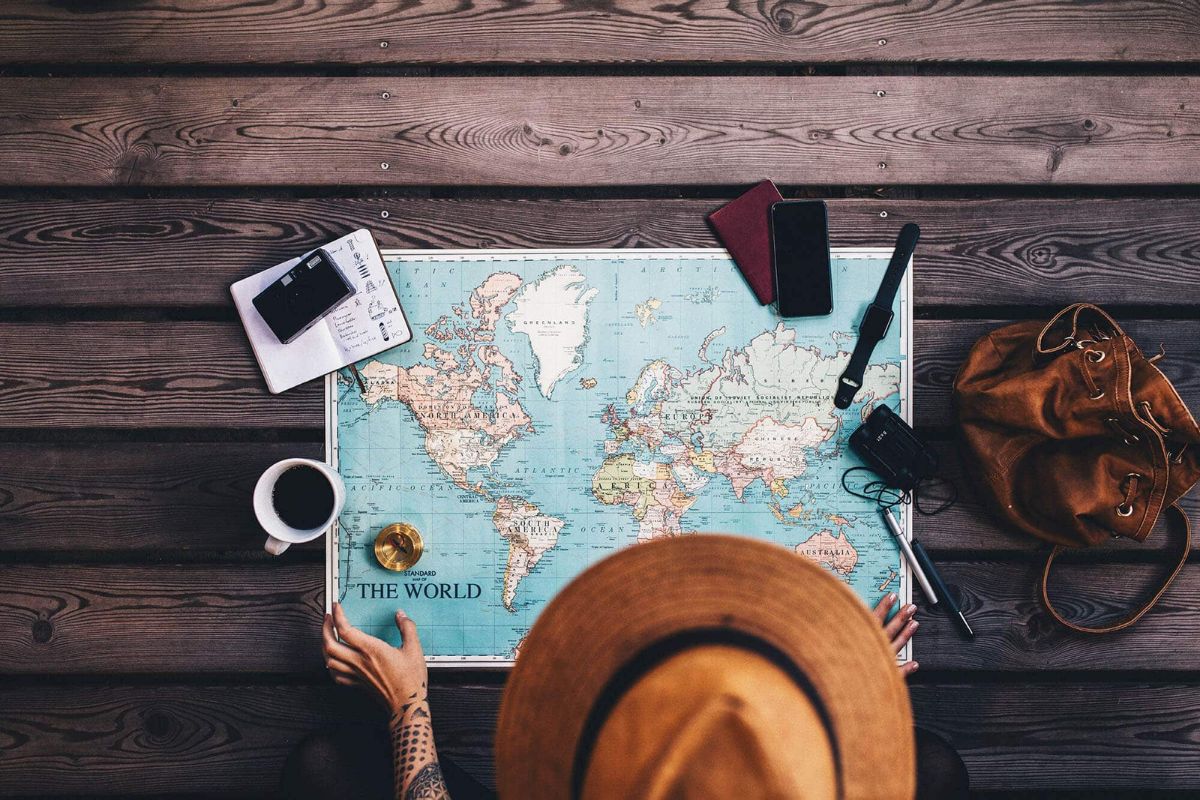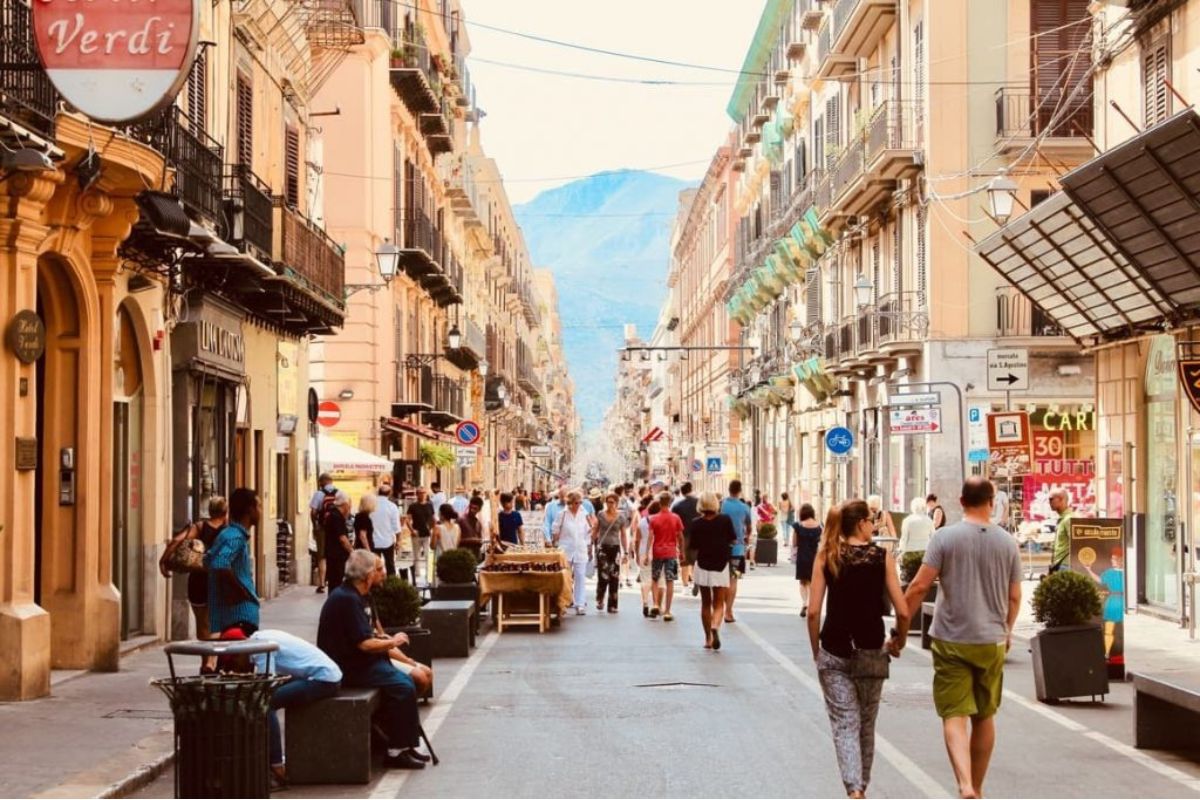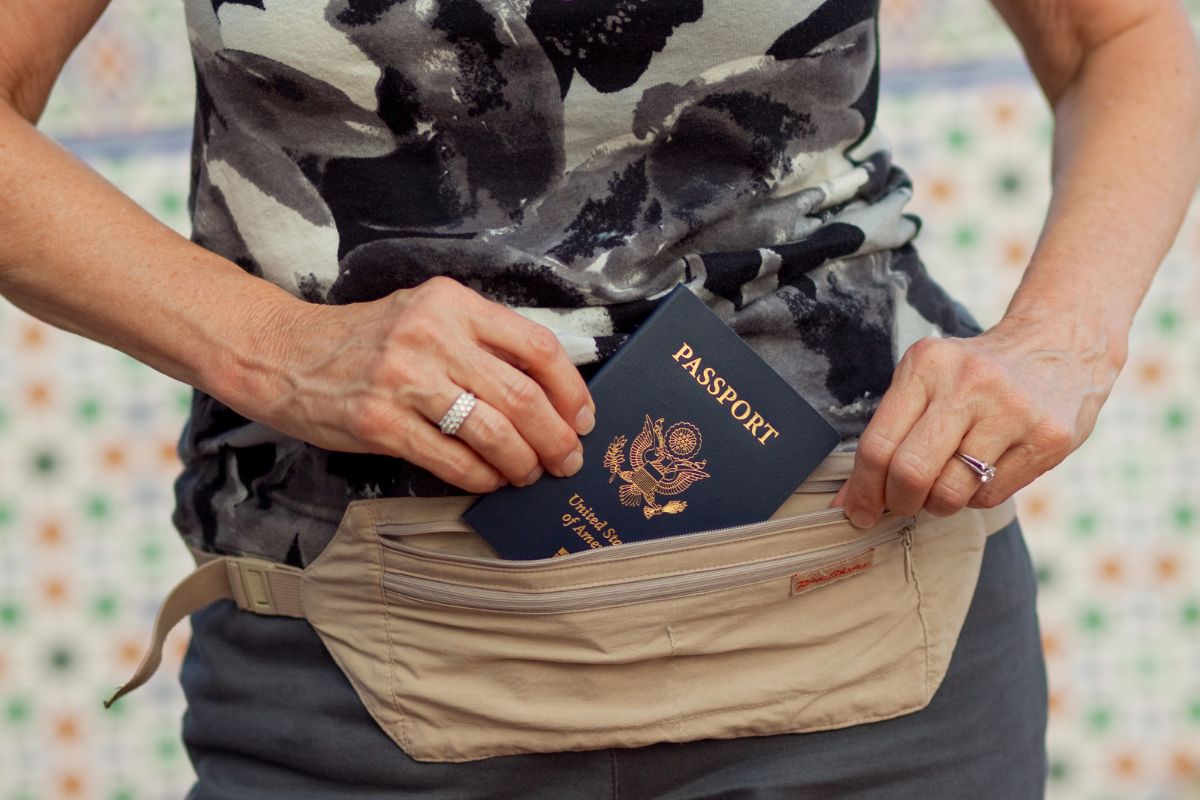Controlling the quality of your trip by keeping your belongings safe is extremely necessary, especially your wallet. In recent years, European countries are no longer a peaceful destination for tourists, especially in cities that are famous for their beauty but are also full of danger due to pickpockets.

Photo: Wanderlust Crew
Quotezone’s new report (specializing in insurance comparison) called “European Pickpocketing Index” shows that thousands of tourists have been robbed and pickpocketed while visiting the continent’s top destinations. Therefore, to limit unforeseen situations with your spending, you should master important remarks when traveling to Europe to control your wallet.
Choose casual clothes
If you travel to Europe wearing branded clothing, expensive handbags, or valuable jewelry, you run the risk of becoming a victim of theft. Instead, simple and comfortable clothes are optimal choices. Whenever possible, try to dress like a local or in a way that is appropriate for the nation you are visiting, especially in places like France and Italy where you can wear simple, elegant outfits and jewelry as normal residents. In addition, having a scarf with you will come in handy during weather changes and shield you from prying eyes from unscrupulous individuals who may recognize you as a tourist.

Photo: Liz Deacle
Bring enough cash
The amount of money you will spend each day should be planned out in advance, and you should bring exactly what you need to spend. To prevent pickpockets while visiting Europe, you should spread out your cash rather than keeping it all in one location. Some examples of these places to store cash are your wallet, clothes, socks, and shoes. Besides, you can carry a credit card, but just bring one. If it gets accidentally taken, you can alert the bank to halt the credit card transaction right away, so you won’t have to worry too much. In order to ensure safety, place cash and credit cards deep in the bottom of the bag, carry the bag forward, and place your hand on the bag when you move.
Opt for a hip bag
Wearing a backpack in a busy area puts you at risk of being targeted by thieves. Key belongings, including money and phones, ought to be stored in a hip bag. This kind of bag may cover a T-shirt so you cannot see the outside, and it is worn in front so it is always close to your body, increasing safety.
The more crowded you are, the more likely you are to get pickpocketed, and your passport is more likely to be stolen; therefore, remember to keep your passport in a front pocket or in a belt purse and keep it within reach at all times. Depending on the country you are traveling to, you should bring both your original passport and a copy of your passport. Otherwise, do not carry your original passport with you when you go sightseeing here and there; instead, it is safer to bring a copy of your passport.

Photo: Megastation
Keep an eye on your belongings
Malls, amusement parks, and eateries are places where anyone can enter and exit; therefore, it is easy for your wallet or phone left on the table to disappear in the blink of an eye. In order to avoid pickpockets when traveling to Europe, be careful when sitting in cafes or outdoor restaurants without paying attention to your belongings. Don’t put valuables on the table; instead, put them in your coat pocket or in your hip bag when you sit down to eat or drink coffee.
On the other hand, if you carry a lot of things or are busy looking for something in your bag, you can easily lose focus and not be able to preserve all your belongings, not even knowing that an important item has been stolen. If you have a lot of luggage when shopping, always keep an eye on your personal belongings and valuables.

Photo: Sokya Health
Be careful of situational traps
This is one of the points you need to keep in mind to avoid being pickpocketed when traveling to Europe. Pickpockets often come in groups of 3 to 5 people; one person will create a situation to attract the attention of tourists, while the remaining accomplices will target your property. Some traps that bad guys often set include pretending to sell things for charity organizations or approaching you through crowding in the subway to get their hands on your belongings.

